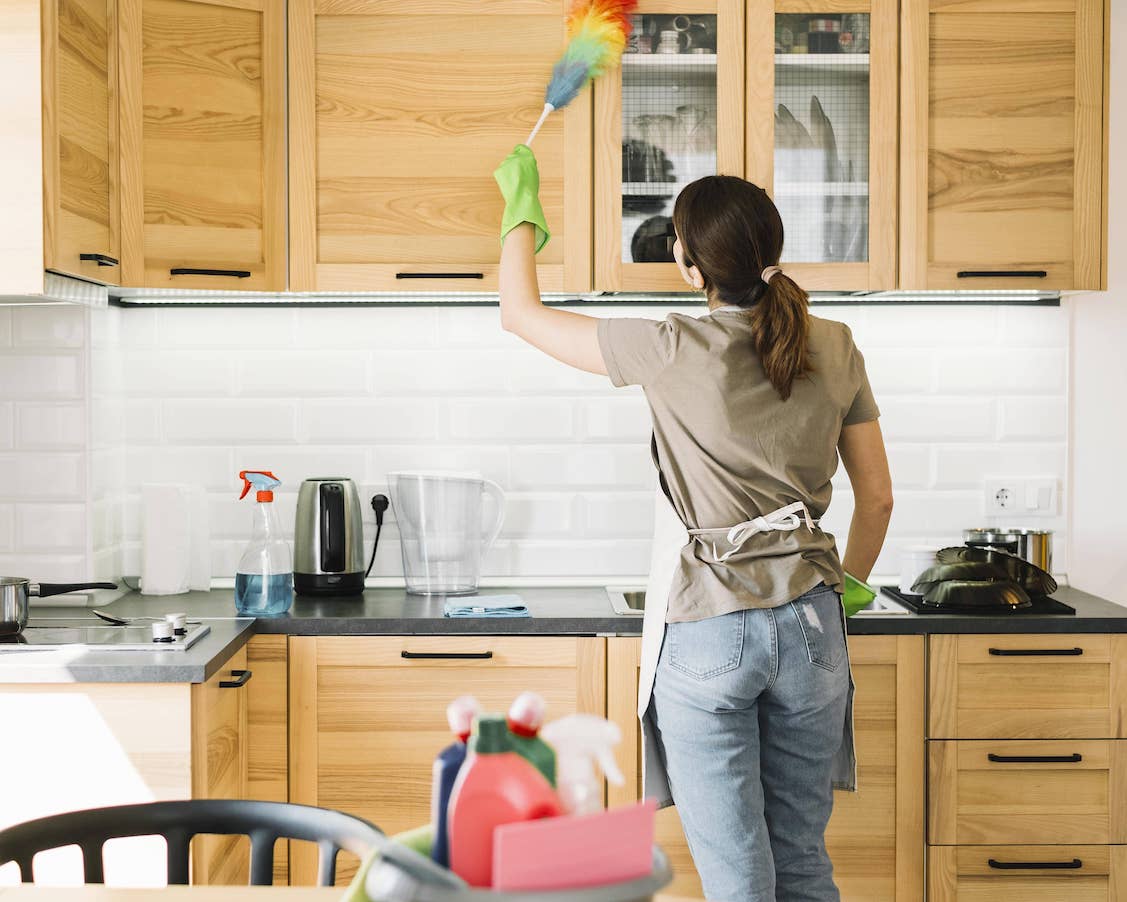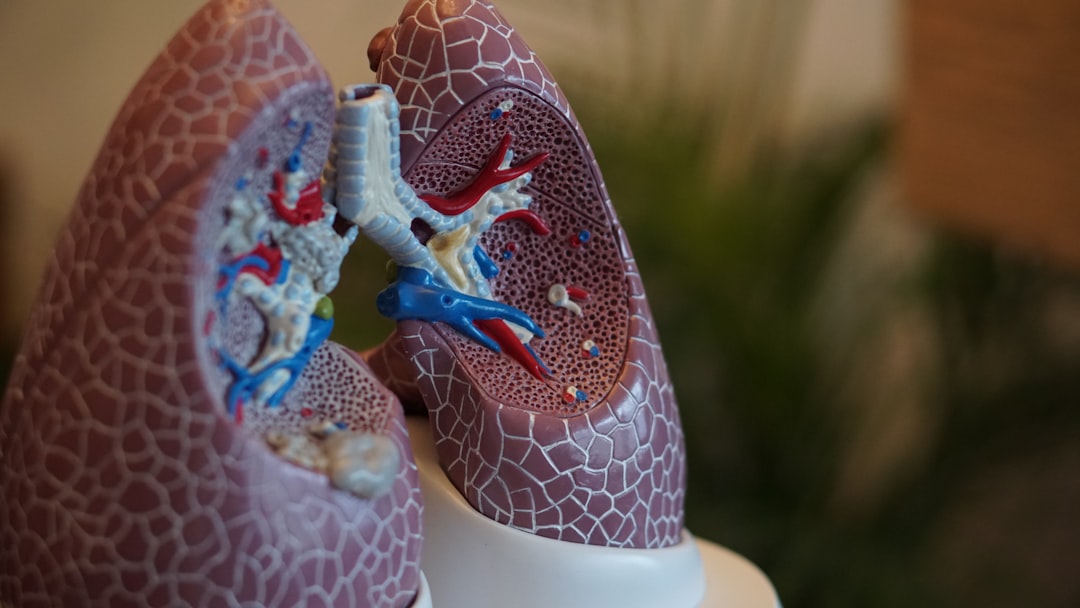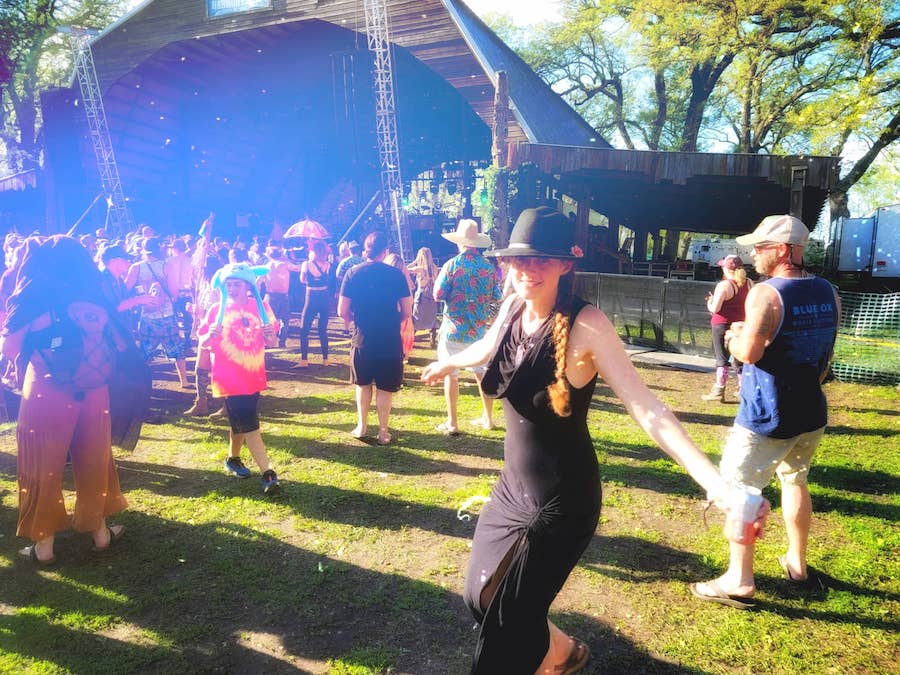Are Emotions Stored in our Hips?

Photo by Annie Spratt on Unsplash
Have you ever heard someone mention how emotions are stored in the hips? Did it sound a little woo to you, or did the idea strike a chord?
I’ve heard it from massage therapists, yoga instructors, Reiki practitioners, and everyone in between.
I’ve even experienced it myself. When I’ve been going through times of emotional turmoil, I get tight around the hips and lower back. Sometimes my hamstrings aren’t quite as flexible. Tension in muscles like the psoas or gluteus group can cause lower back pain, so often I’ll feel that dull ache at the base of my lumbar spine caused by muscle tension in the hip joints.
What does all this mean though? Other than feeling like tough emotions are a literal pain in the butt. Has this concept been researched at all, or do I just think I should be getting hip tension if I feel emotional?
The mind and body are powerfully connected, you know. (The placebo effect isn’t something to be written off).
To find out more about this hip/emotion connection, whether it was my mind playing tricks on me or if there was something legitimate to it, I did a dive. Here’s what I found out.
We'll start with your psoas muscle.
Your psoas muscle is a deep hip flexor that connects our upper and lower body and is a major contributor to lower back and hip pain. It lifts your leg at the hip joint, so if you sit all day, this muscle is perpetually contracted and unengaged.

Photo by Mehmet Turgut Kirkgoz on Unsplash
Our sympathetic nervous system is the piece of our nervous system that activates when we are faced with a threat. That threat could be something legitimately life-threatening, or just a stressful situation at work or with your kids. Our body responds the same either way, and it’s called fight-or-flight-or-faint.
When our body goes into the fight-or-flight-or-faint mode, our psoas muscle is known to tense up. The muscle itself runs through the core, tucking up against your kidneys and adrenal glands.
The adrenal glands are two small structures on the top of each kidney that release stress hormones when we are faced with fight-or-flight, and the kidneys are responsible for flushing toxins out of our bodies.
Psoas and Posture.
When the psoas gets tense, it pulls the pelvis into a tilt, affecting the alignment of the spine and contributing to poor posture.
Poor posture has been linked to depression and stress. It’s actually known as a diagnostic feature of depression, and studies have found that maintaining good posture through stressful situations can improve how we handle stress. When our psoas muscle is flexible and strong, it helps maintain a good, aligned posture.
Subsequently, when we are afraid and feel like “curling up and hiding,” it can cause the psoas to tense. If we are literally in a curled position, the psoas is contracted to its shortest length. Even sitting for long periods of time can shorten and weaken the psoas.
The work of Dr. Candace Pert (1946-2013)
Dr. Candace Pert was an internationally recognized neuroscientist and pharmacologist and a pioneer in the field of what’s known as “mind-body medicine.” She believed our bodies are our subconscious minds.

Dr. Pert worked to advance the research around the idea that our physiology, mind, and consciousness work together at a deep, integrated level and play a role in our wellness through what she called the bodymind (intentionally written as one word, hyphen-free). It’s affected by our emotions and their stored memories and affects us on a deep, cellular level.
Thirty years ago, this concept was laughable, but she was unwavering in her dedication to these concepts and research. Today, it’s a lot more accepted and the research has blossomed exponentially.
One of the most prominent theories behind her groundbreaking research was her theory of emotions. It says that emotions are stored physically in the body through neuropeptides and immune system cytokines. She believed healthy emotional expression was the key to uniting mind and body.
Immune system cytokines are proteins that when released, signal the immune system to do its job. Perhaps this is related to why people are more prone to getting sick when they are stressed out.
Traditional Chinese Medicine
In Traditional Chinese Medicine and other eastern healing practices, organs are associated with different emotions.
Within these traditional practices, emotional imbalances can both be symptoms and causes of physical ailments and can be fixed by balancing out a person’s qi, or vital life force energy. In turn, mental health disorders can be tied back to specific ailments of key organs.
This 2017 study used a method called frequency-inverse document frequency to measure how different bodily organs were associated with different emotions. Of course, their findings were consistent with what TCM practitioners have been saying for 2,000+ years.
- Anger is associated with the liver
- Fear is associated with kidneys
- Joy is associated with the heart
- Sadness is associated with the lungs
- Worry is associated with the spleen
When you consider the layout of our organs, the kidneys and liver are close to the psoas, which affects our hips and causes hip and lower back pain, as explained before. Feelings of anger and fear affect these organs as known through TCM, as well as tighten the psoas muscle, which can be structurally linked to lower back and hip pain.
Perhaps when we talk about our "emotions being stuck in our hips," we’re specifically referring to negative emotions such as fear, anger, worry, and hostility.
These aren’t specifically linked to culture.
The practice of acupuncture and other Traditional Chinese Medicine practices have exploded in the last couple of decades.
From 2002 to 2007, the use of acupuncture in the U.S. doubled, and that number is continuing to grow in the last few years. Its use has become a worldwide healing practice that has helped many people across many countries and cultures.
This 2020 study looked at a sampling of nearly 4,000 people from 101 countries and found the bodily sensations associated with 13 different emotions were consistent across all of these cultures.
The Chakra Explanation
Our Sacral chakra, which is the second chakra, sits just below the naval between the two outstretched bowls that are our hip bones. It is the center for our emotions as well as how we relate to the emotions of others. It represents elements in life such as passion, sensation, feelings, pleasure, connection, movement, and change. It’s also driven by the element of water, which is often associated with feelings and emotions, as well.
Signs of an imbalanced sacral chakra include being physically or emotionally weak, depression, anxiety, and being overly sensitive. Physically, it’s linked to lower back problems, sexual issues, hip problems, and spleen and kidney issues, to name a few.
How to work on your hips.
Working on our hips is not only good for structure, balance, and strength, but it can help with all these pent-up emotions that get energetically and physiologically stored there.
Things that help with hip issues that you can try include…
Mind/Body exercises, including yoga, pilates, Qi Gong, or Tai Chi. You can also focus on bringing awareness to your body as you exercise. If you run, bike, or lift weights, focus on feeling what your body is going through as you are doing the exercise without judging or analyzing the experience.
Somatic Experiencing is a type of therapy that involves body awareness and experiencing the physical sensations tied to emotions. It involves using movement to process stored or repressed emotions and traumas.
Getting bodywork can help with our mind/body awareness and connection as well, such as massage therapy, Rolfing, or chiropractic to name a couple.












If you enjoyed this article or recipe, please consider giving it a comment! It helps others discover my blog and recipes, and your comments always make my day :) Thank you for your support!
Your email address will not be published. Required fields are marked *